
Visa and entry requirements Nigeria:
Passport required
German citizens need a valid visa to enter Nigeria, which must be applied for at the Nigerian diplomatic mission in good time before the start of the trip.
Visa cost: 88 USD
Information from the Foreign Office about your trip to Nigeria:
https://www.auswaertiges-amt.de/de/nigeriasicherheit/205788
Nigeria is a country in West Africa, with around 188 million inhabitants, the most populous country on the African continent and the seventh largest in the world. Nigeria borders Niger to the north, Benin to the west, Chad to the east, Cameroon to the southeast and the Atlantic Ocean to the south. The country's four official languages are English, Yoruba, Igbo and Hausa, with a total of over 500 different languages spoken in Nigeria. The official national currency is the Nigerian Naira, where 1 euro corresponds to around 440 NGN.
The ten largest cities in Nigeria are all megacities, including Lagos, Ibadan, Benin City, Kano, Port Harcourt, Kaduna, Aba, Abuja, Maiduguri and Ilorin.
The north-south and east-west dimensions are approximately the same at around 1,200 and 1,100 kilometers. The Niger River flows through the national territory and, together with the Benue River, forms the Niger Delta, one of the largest river deltas in the world. The highest mountain in the country is Chappal at 2,419 meters.
The country's five different vegetation zones are tropical rainforests, savannahs, mangrove forests, coastal regions and the Sahel. A significant amount of plant and animal life was able to develop in these areas.
Nigeria is the largest economy in Africa with very high economic growth. However, the economy is heavily dependent on the export of its petroleum, which accounts for around 82% of Nigeria's export earnings. The country also has large diamond deposits. However, due to the high level of corruption, the economic upswing almost completely bypasses the starving local population. Although more than half of the population is employed in agriculture, it is not enough to feed everyone. The main crops grown are cocoa and peanuts.
The capital of Nigeria is Abuja with around 1.7 million inhabitants. The city is located in the interior of the country and was located almost at the geographical center of Nigeria in order to create equality between the Muslim north and the Christian south.
The capital's sights include the 725-meter-high Zuma Rock monolith, the National Mosque, the National Church, the Abuja Stadium, the Velodrome and the Millennium Park.
However, the largest city in Nigeria and the second largest city on the African continent is Lagos, with almost 20 million inhabitants in the metropolitan area. The city is the country's financial and banking center and is located directly on the Gulf of Guinea. Lagos was the capital until 1991, when it was replaced by Abuja due to its overburdened infrastructure and central location.
Some of the major attractions of Lagos include Victoria Island, National Museum, National Theater, Surulere National Stadium, Eko Bridge, Third Mainland Bridge, Carter Bridge, Church of St. Anthony, Santa Maria Church, Govt -Castle, Fort Ponta da Bandeira, Alvor Promenade, St. Sebastian Church, Synagogue, Arch and Statue of Sao Goncalo, Cultural Center and Lighthouse.
In August 2016 I was in Lagos for 30 hours during my West Africa tour. However, after my application for a Nigerian tourist visa was rejected twice in Berlin, I saw practically nothing of Lagos and Nigeria apart from the airport and the airport forecourt. After I didn't get my two-time visa fee of 150 euros each, and my outbound and onward flights had already been booked, refunded, I was no longer willing to spend even one euro in this African country.
My time at the airport in the transit waiting area went by really quickly because my frequent flyer programs and my credit card allowed me to enter a total of four out of five possible lounges. In these I got all meals, bar service, the relaxation room and the shower facilities free of charge.
My special thanks once again go to the consul in the Nigerian embassy in Berlin, who had promised me the visa the second time. That was really the worst thing I have ever experienced in any consulate or embassy!!!

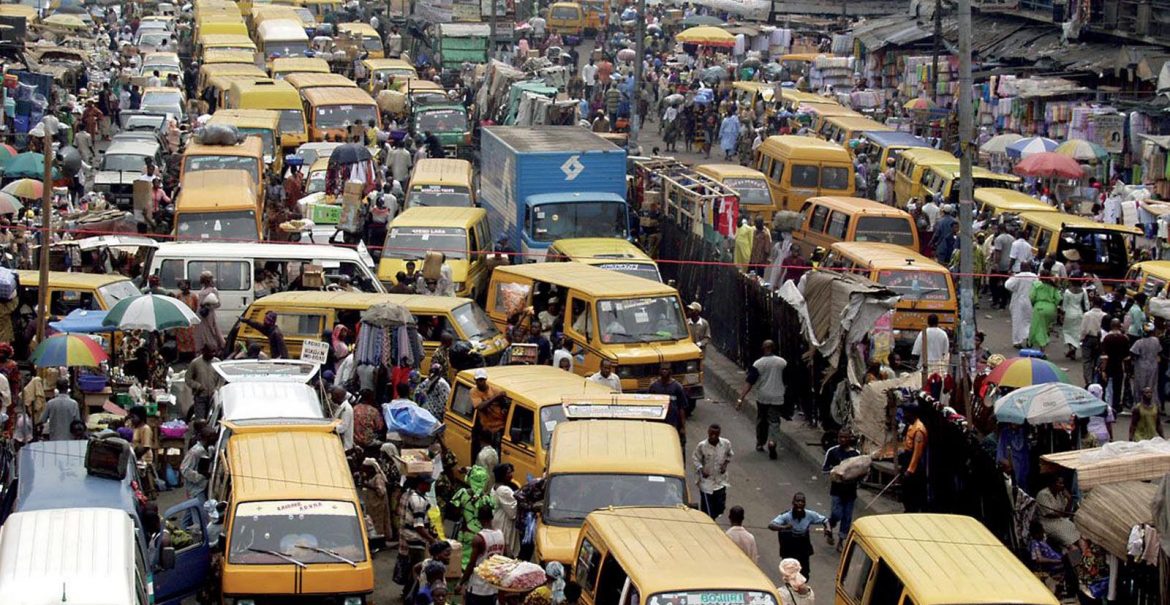
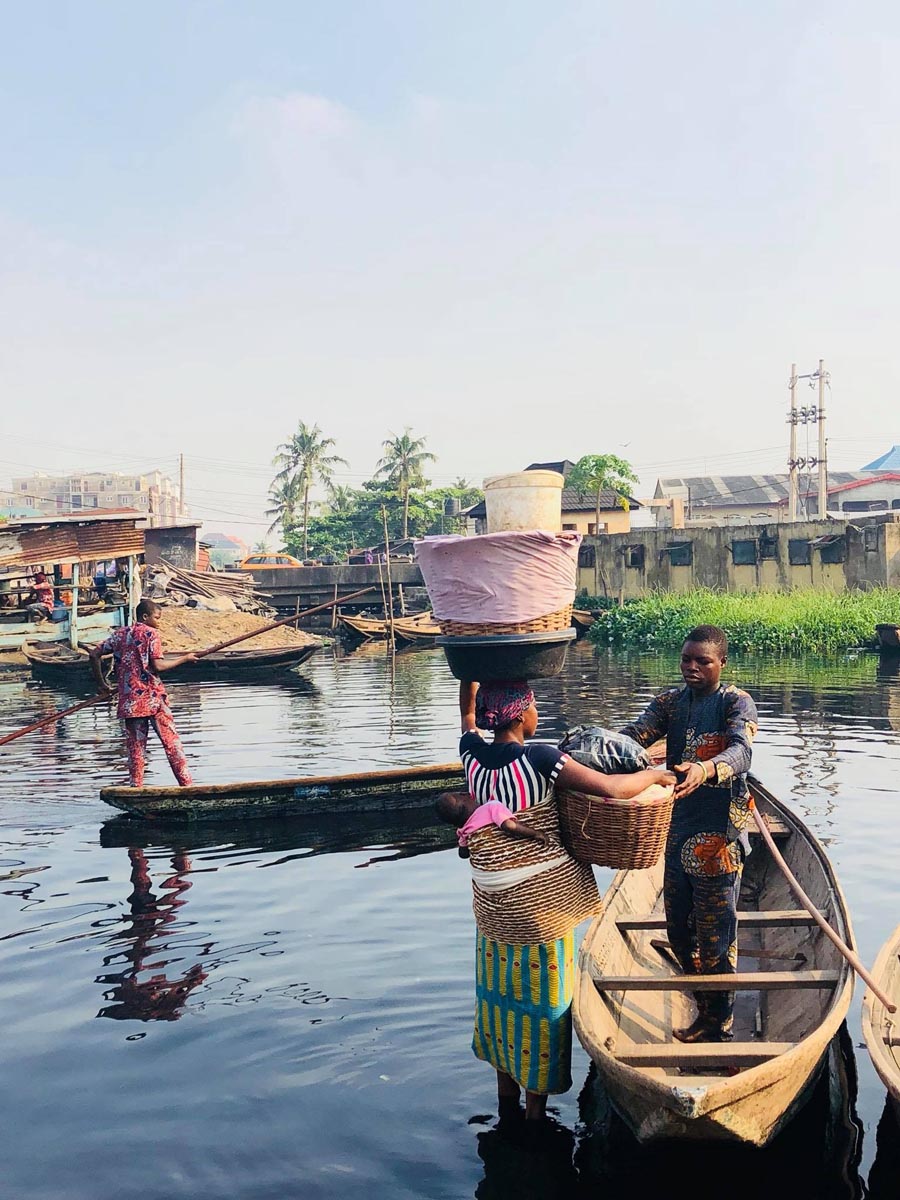
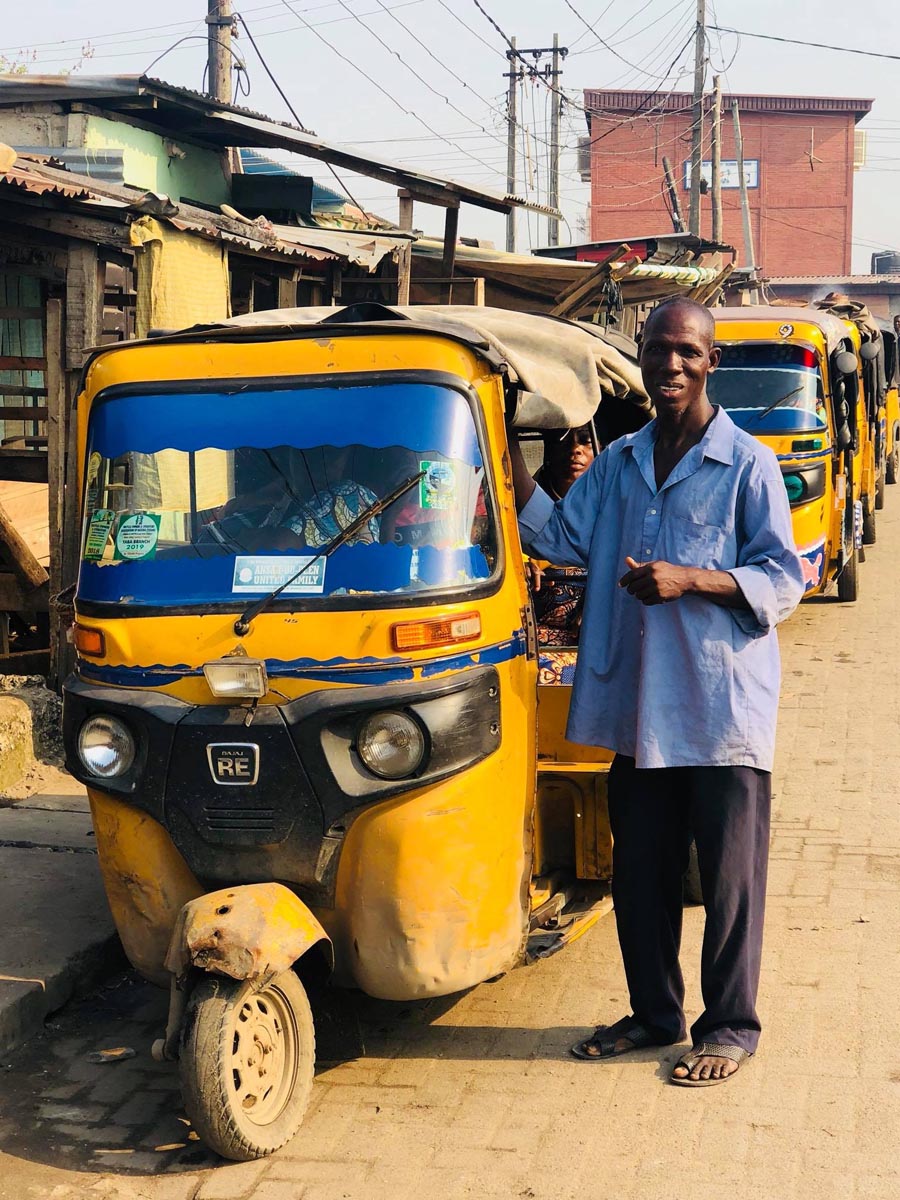

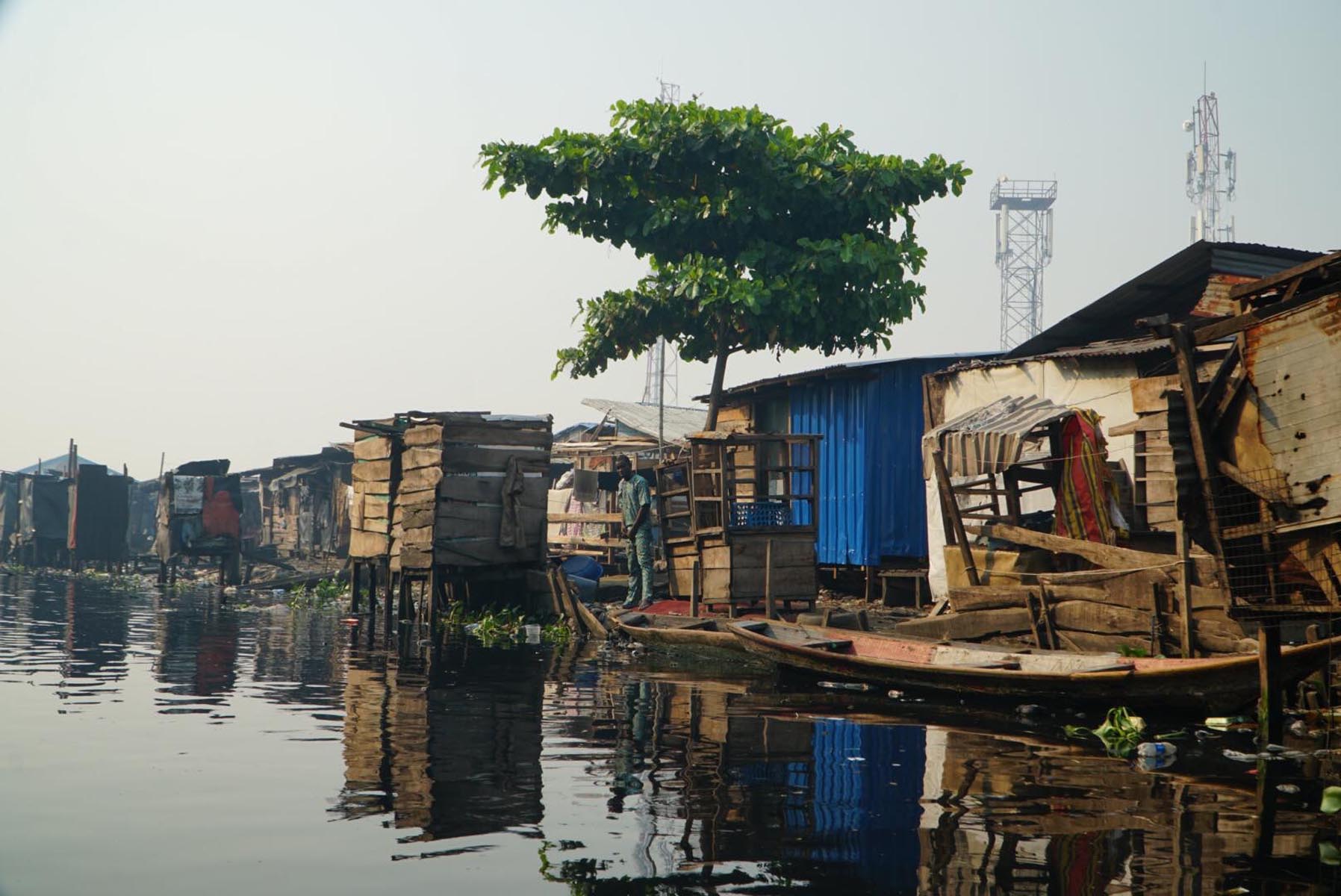
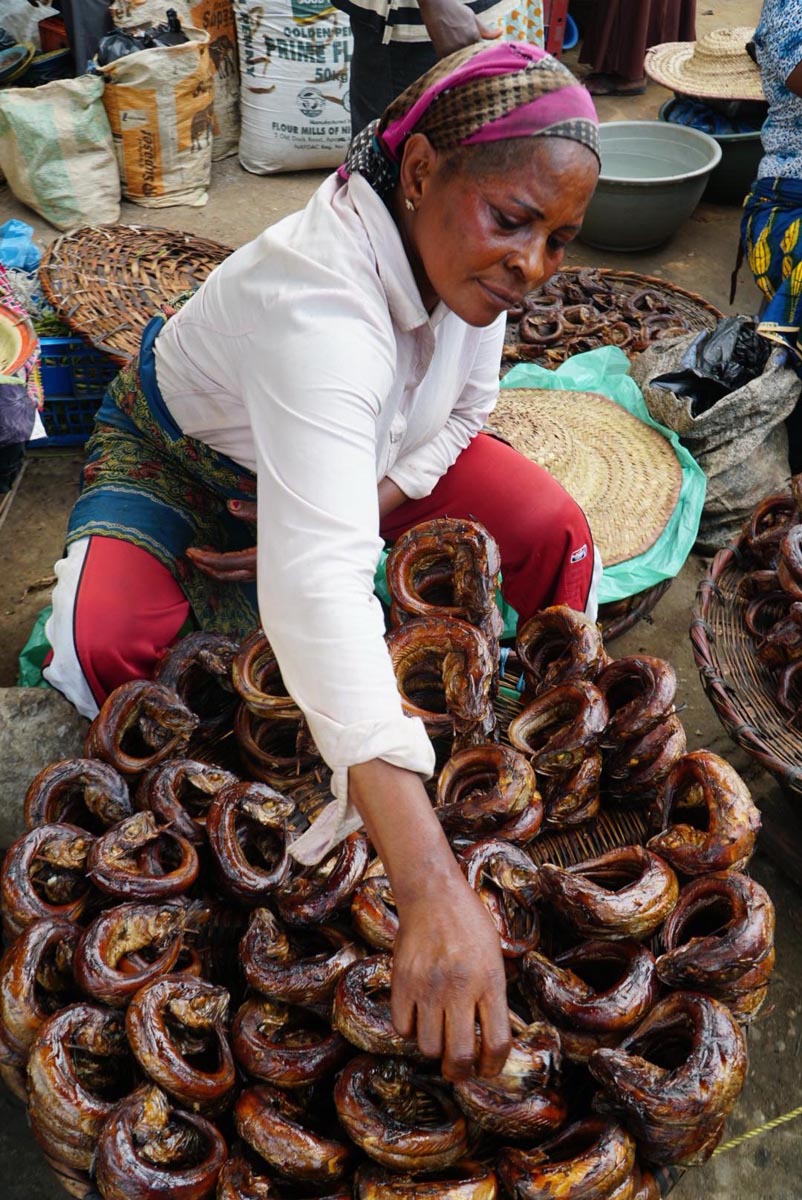
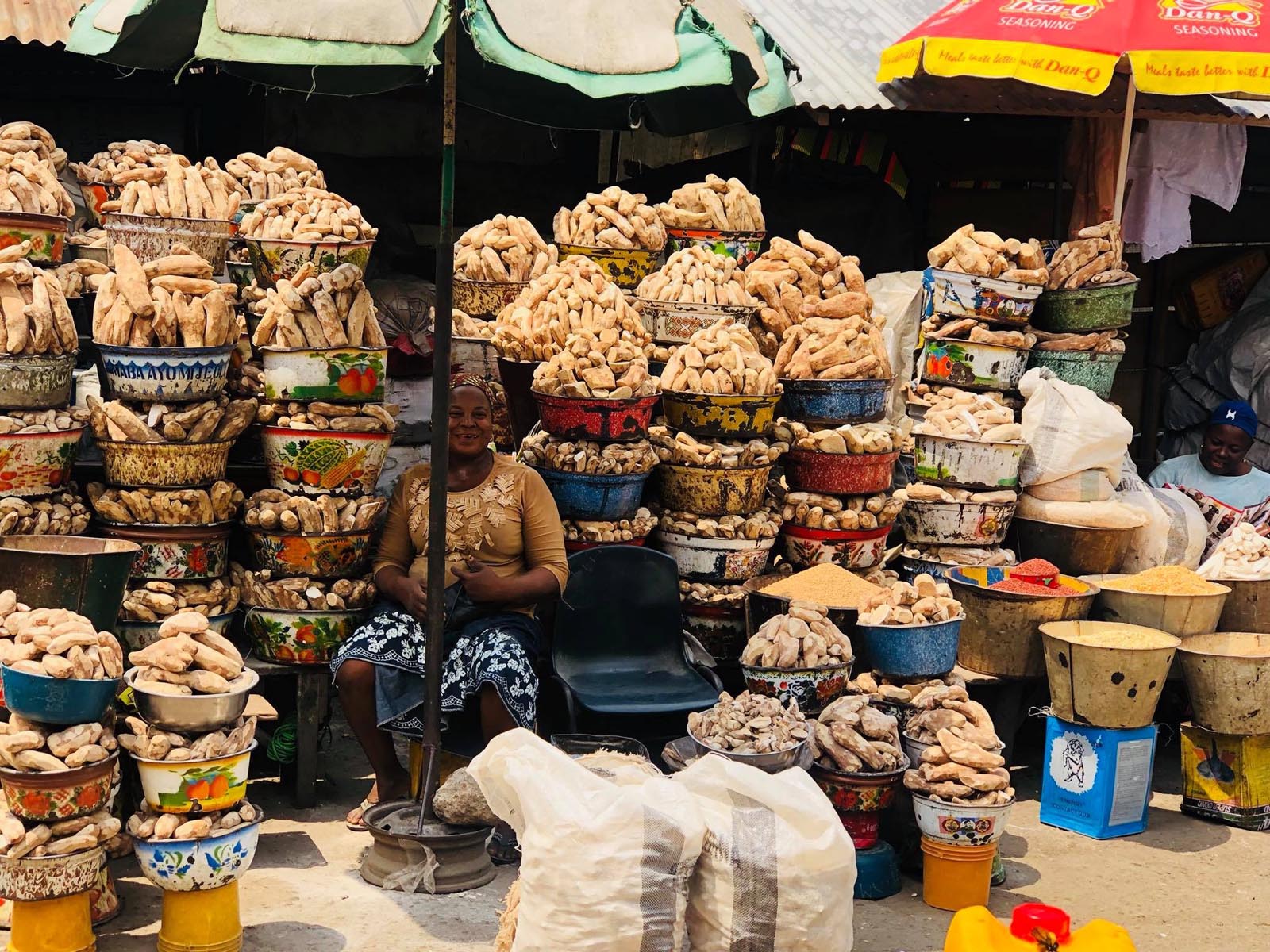
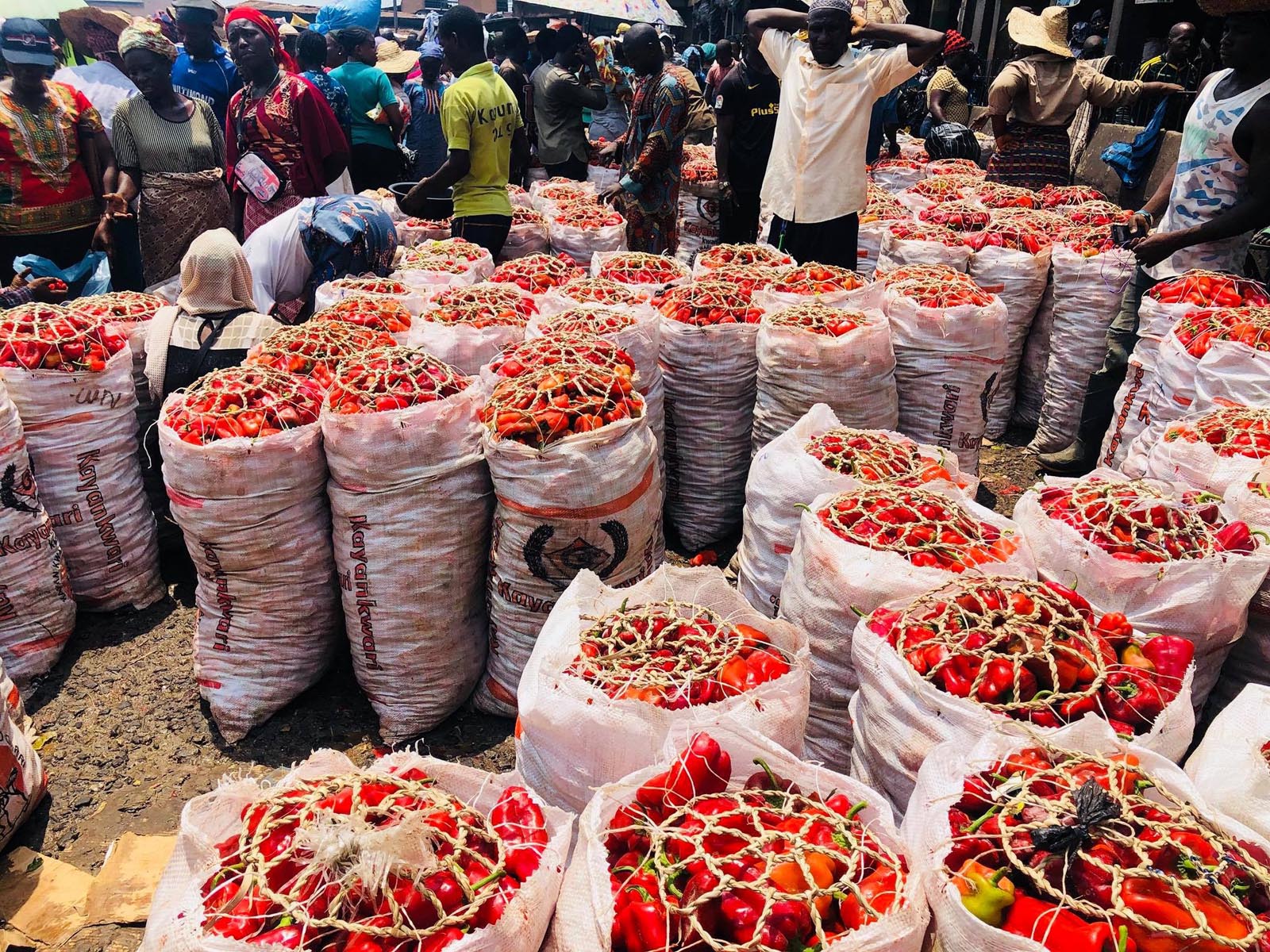
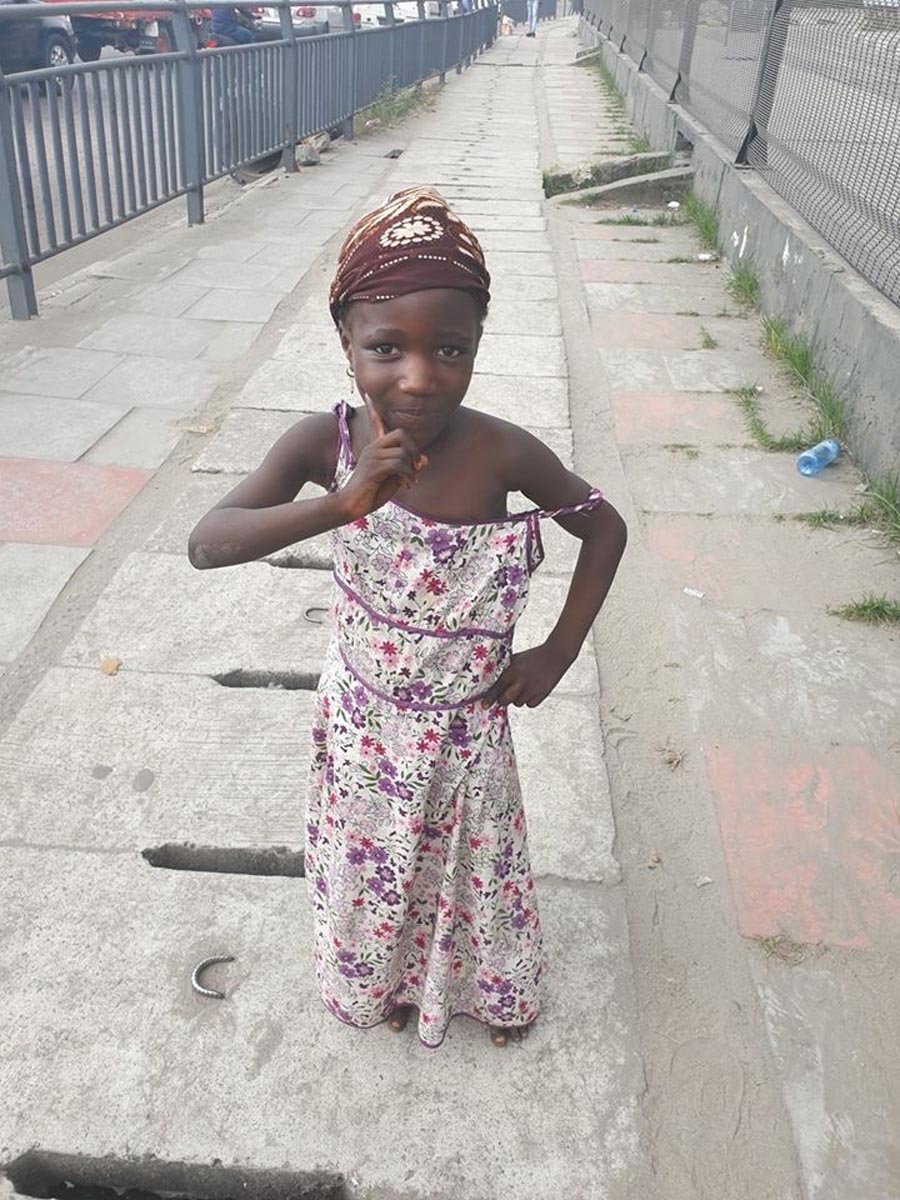
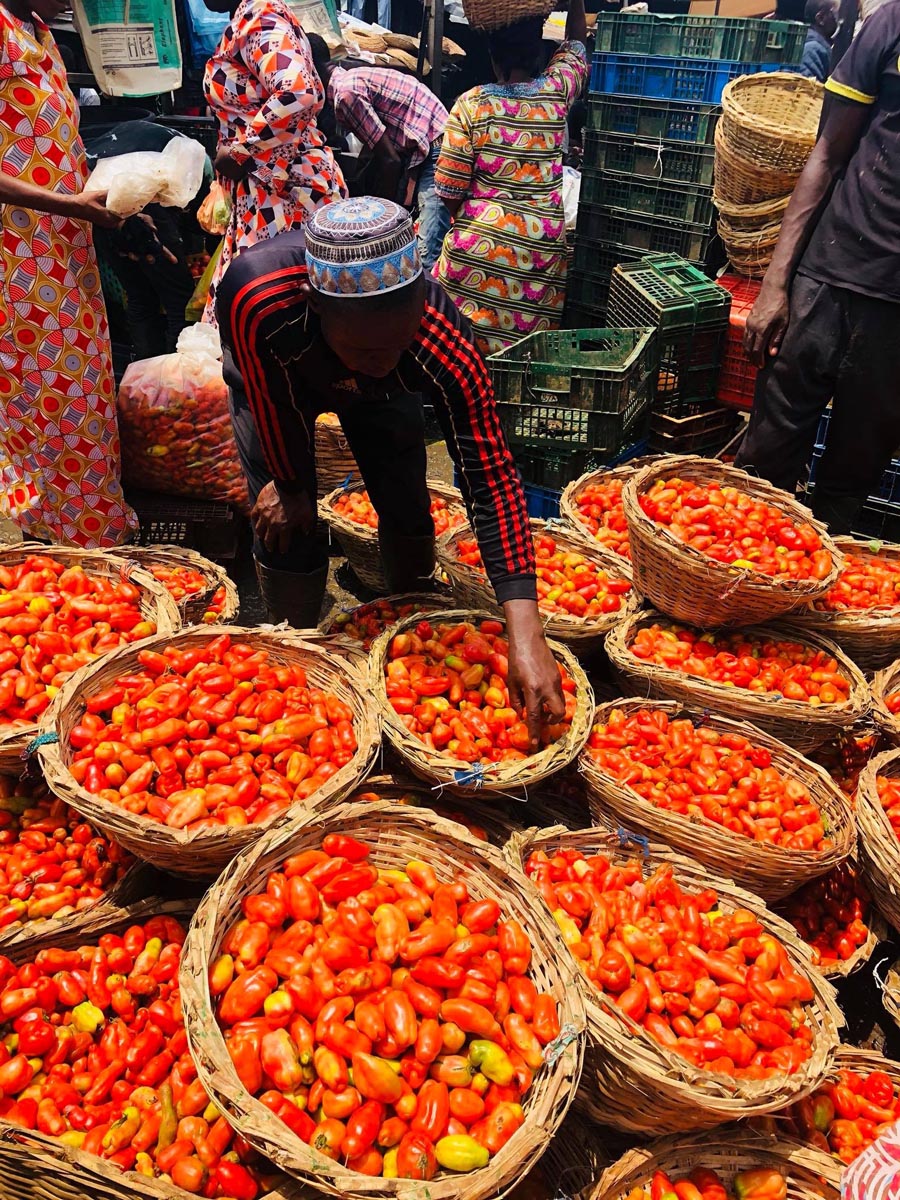
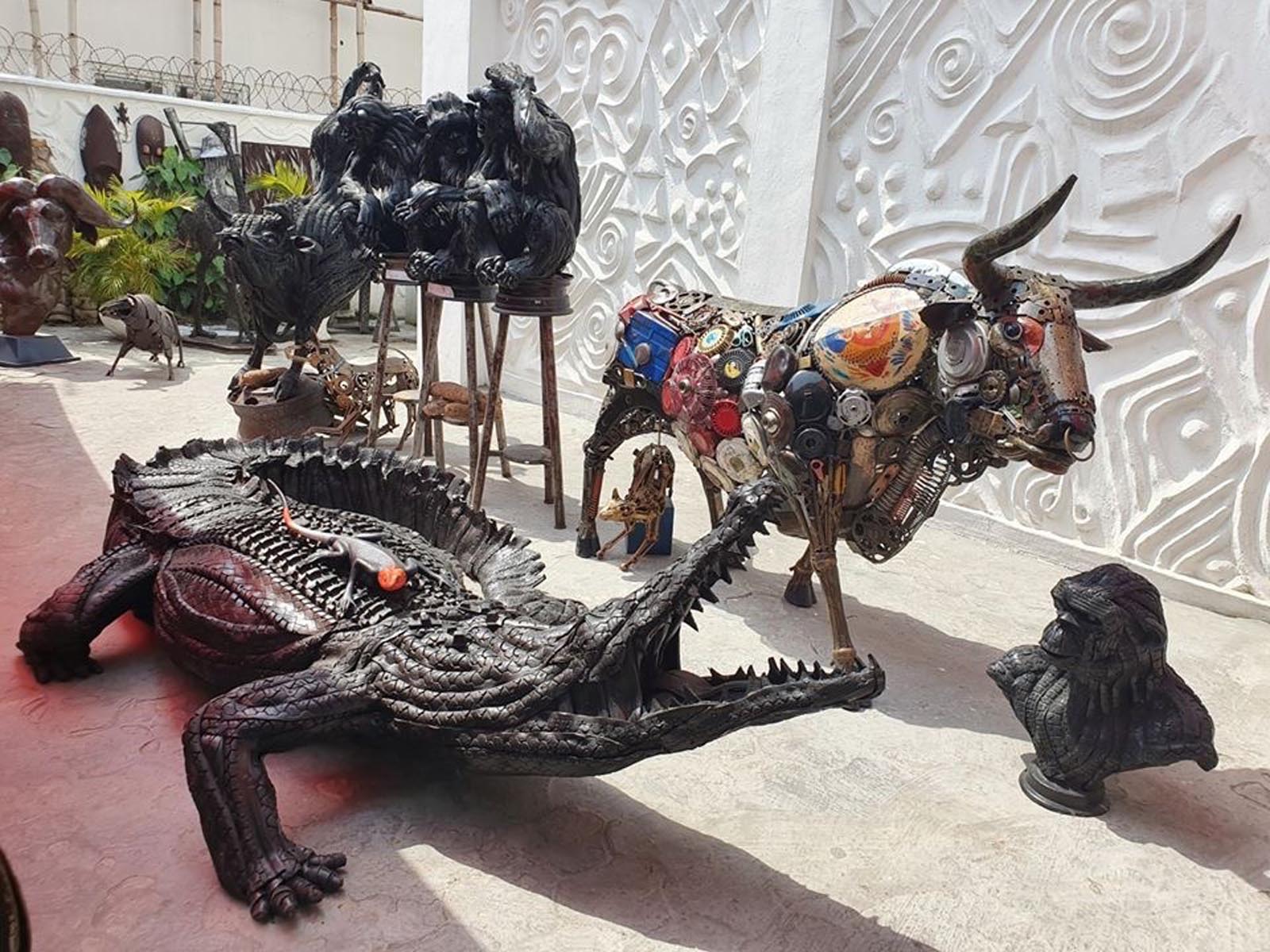
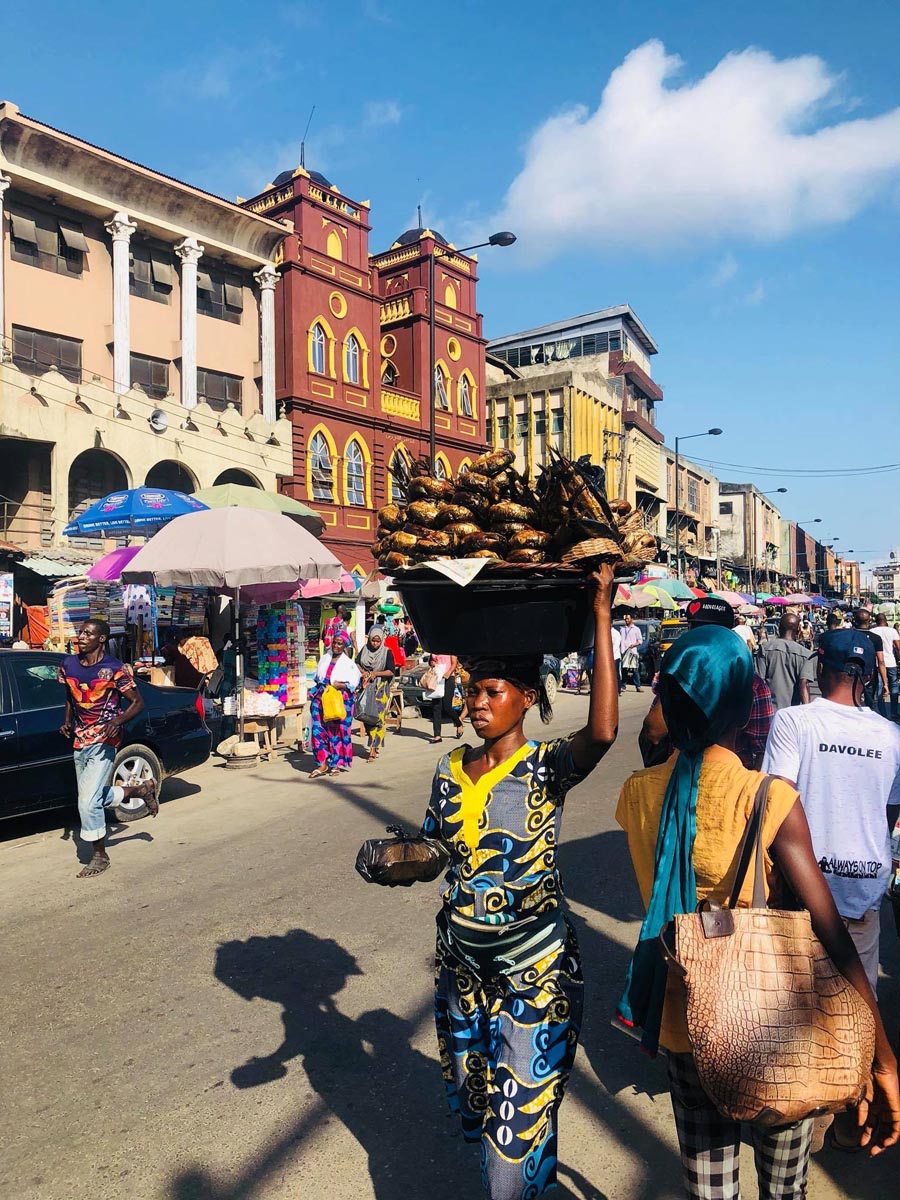
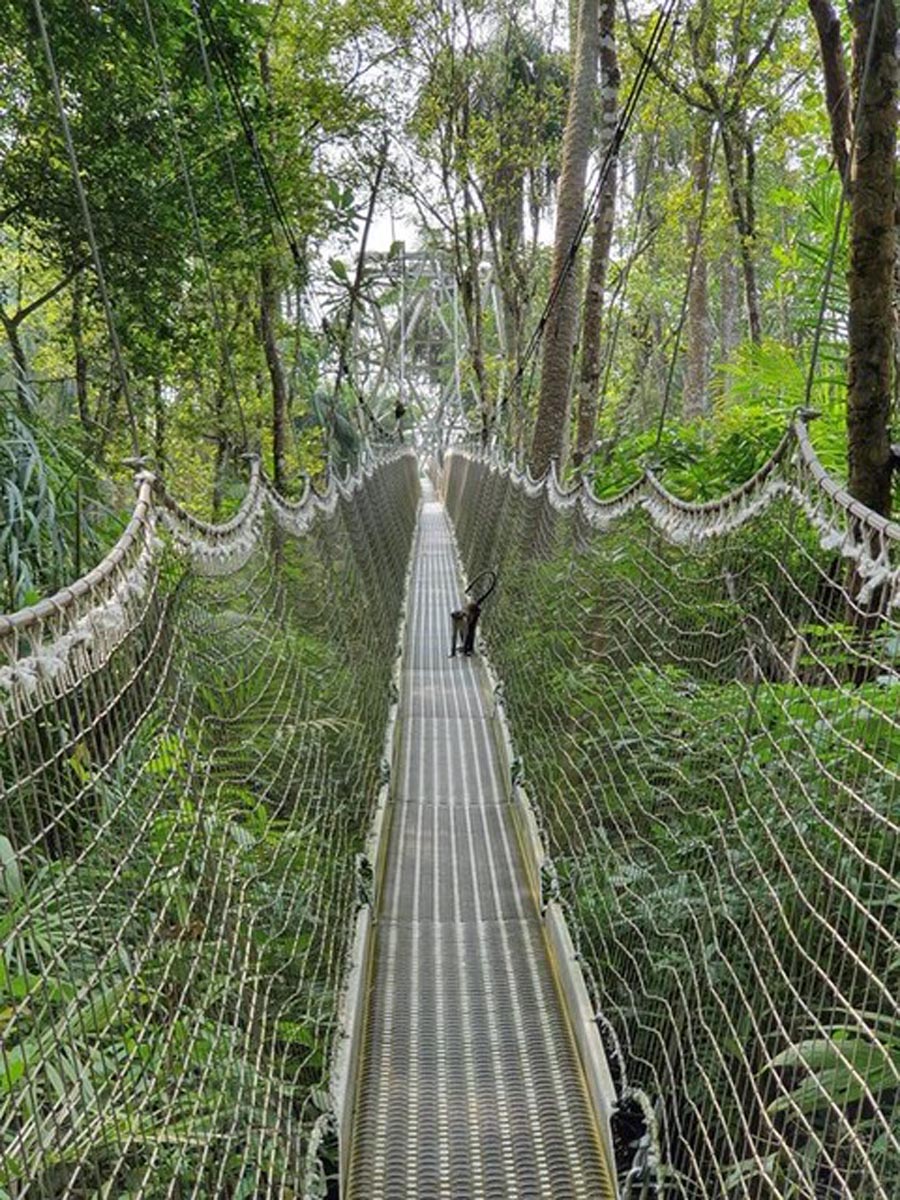
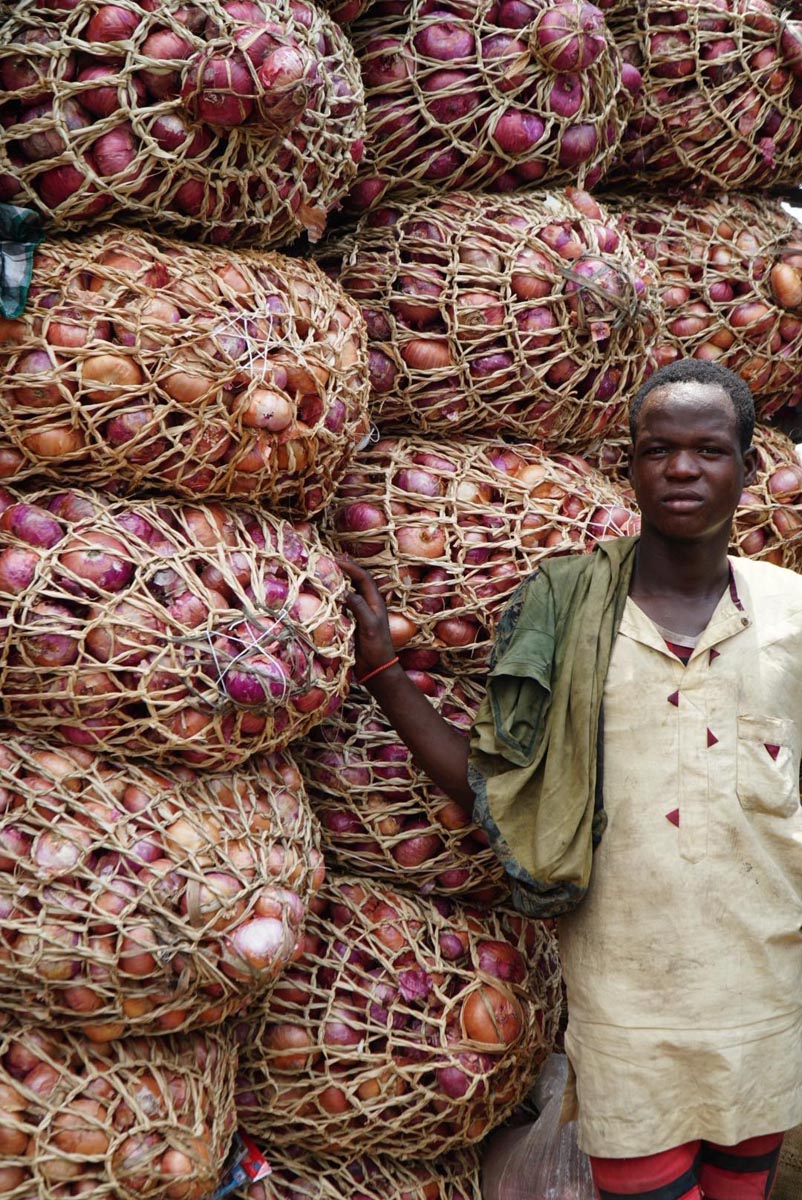
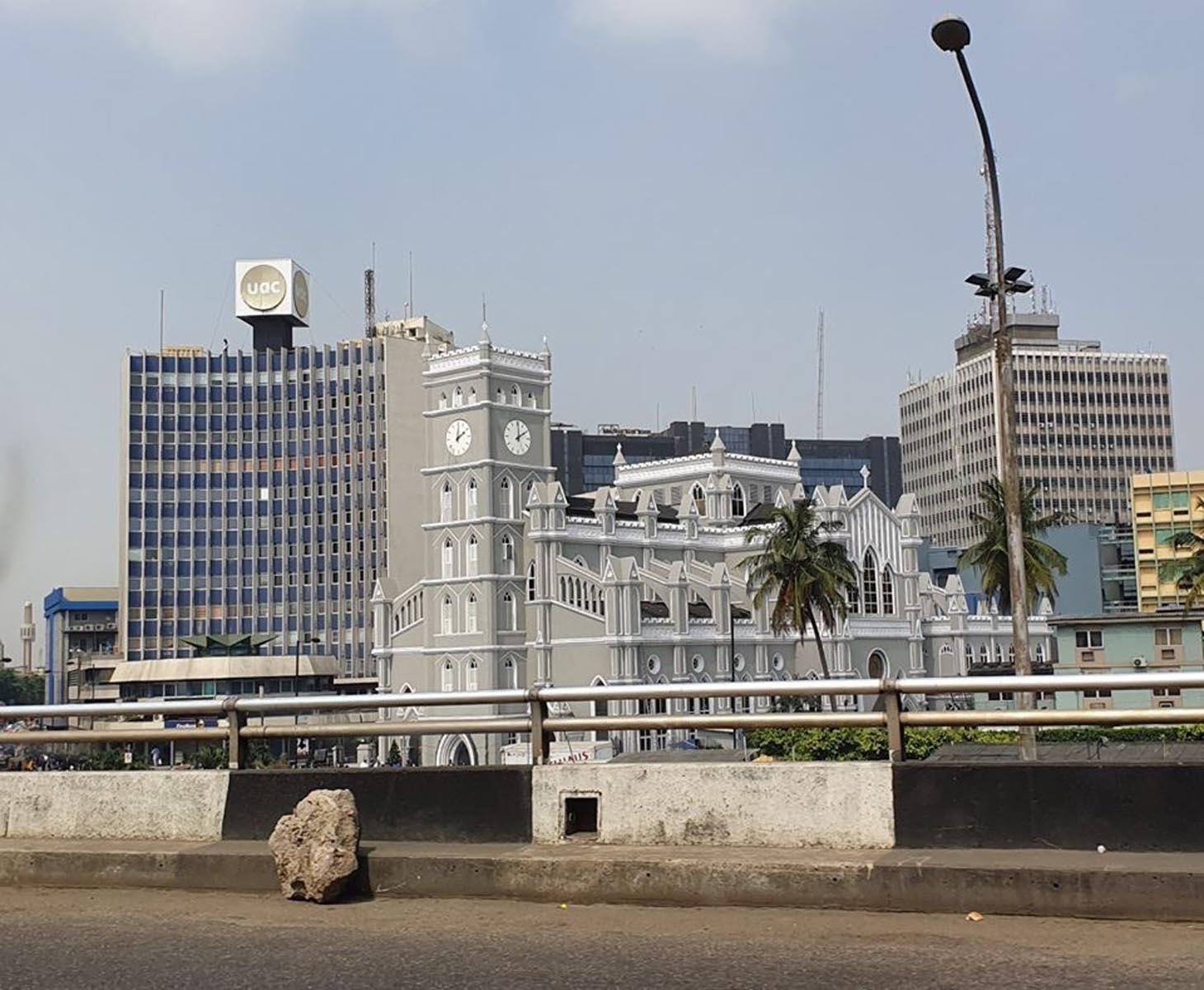
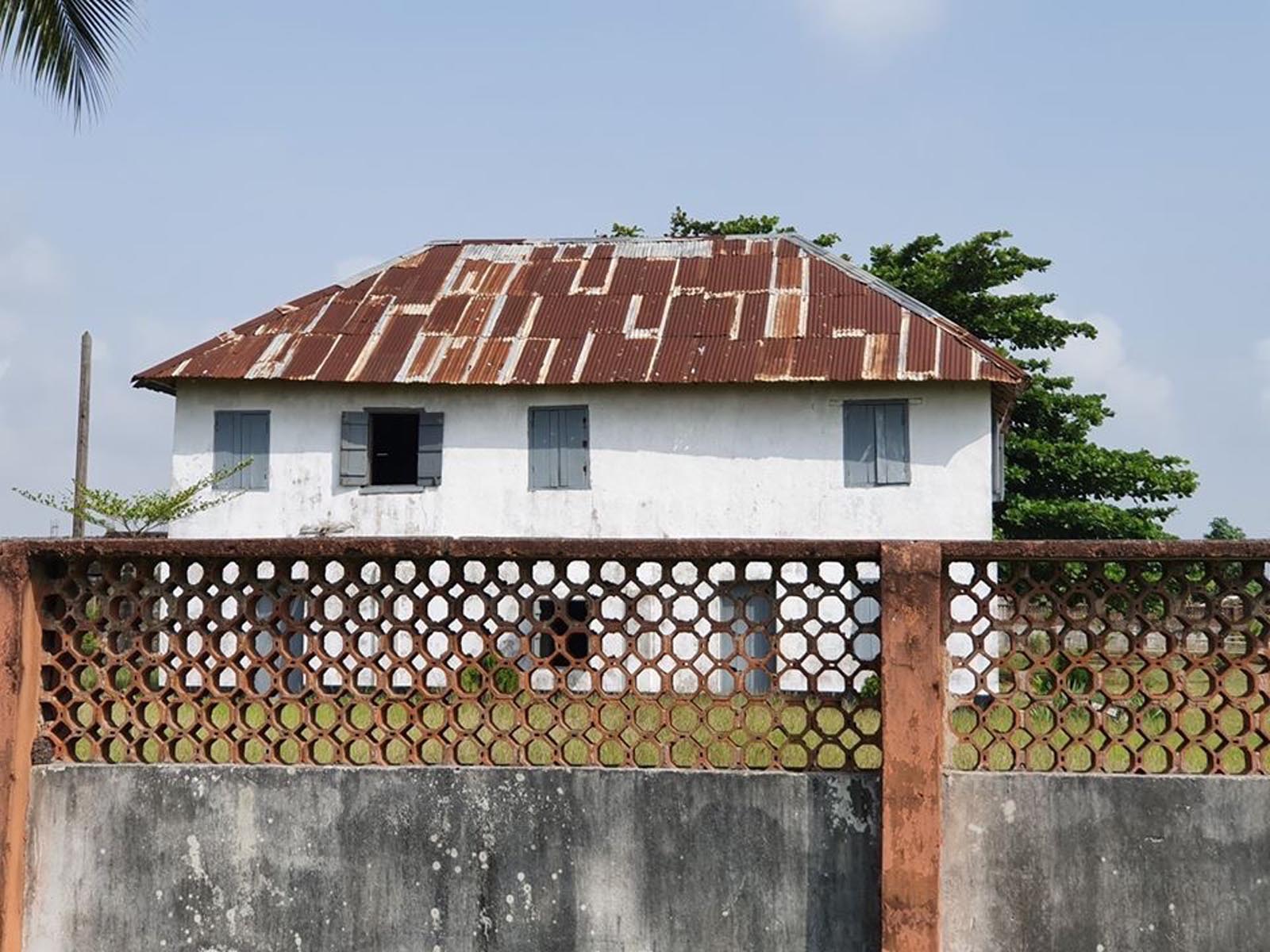
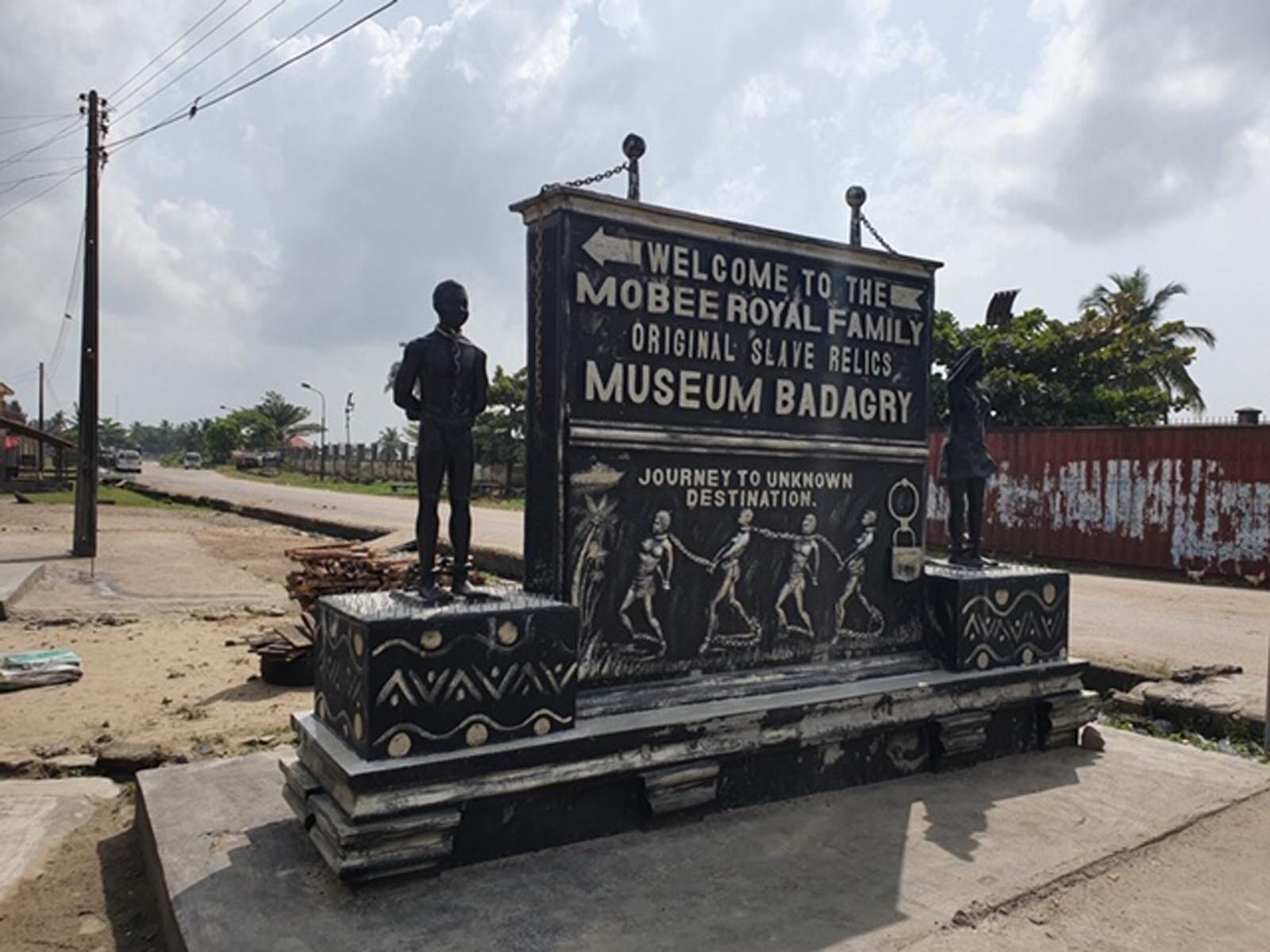
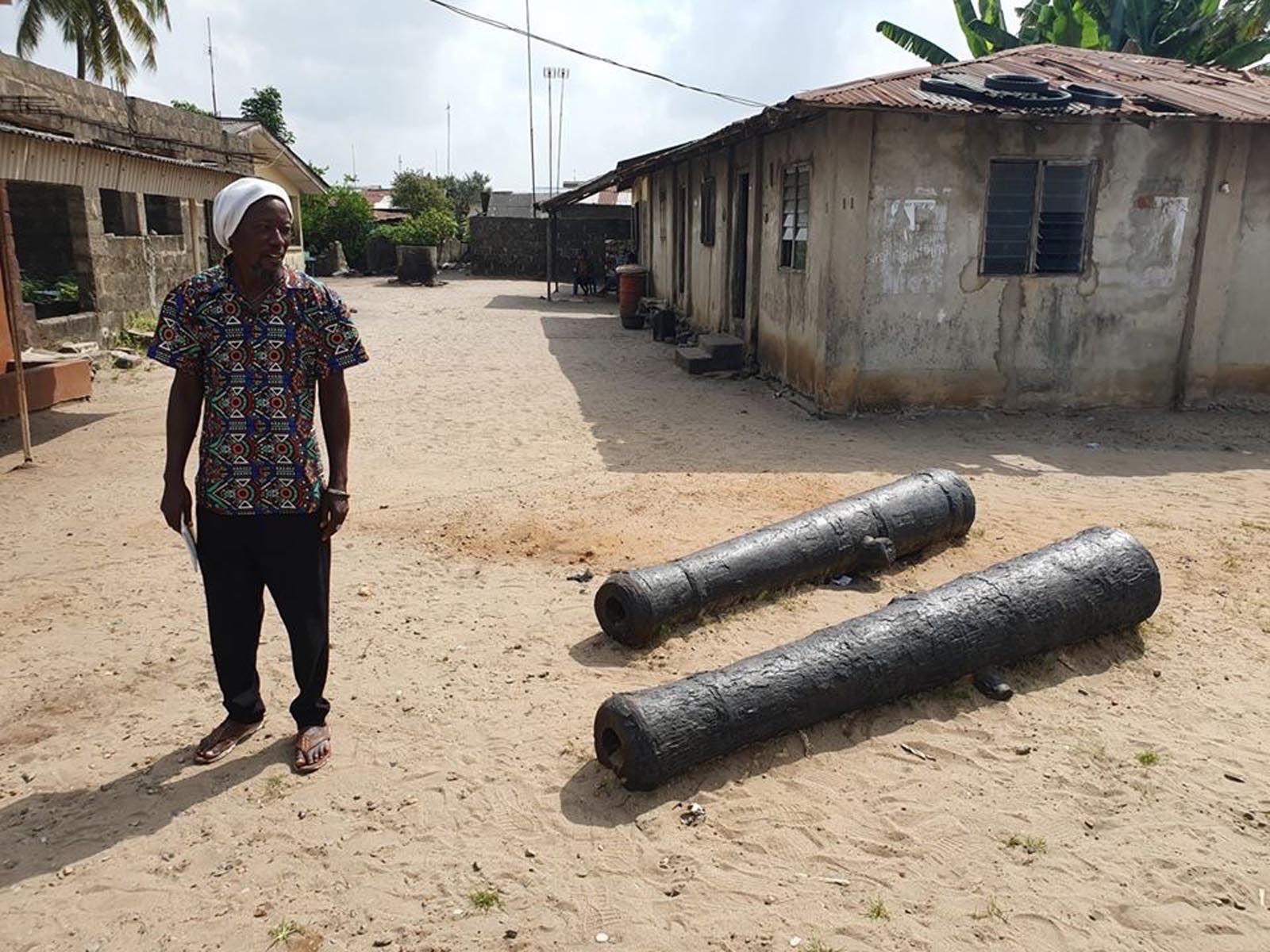
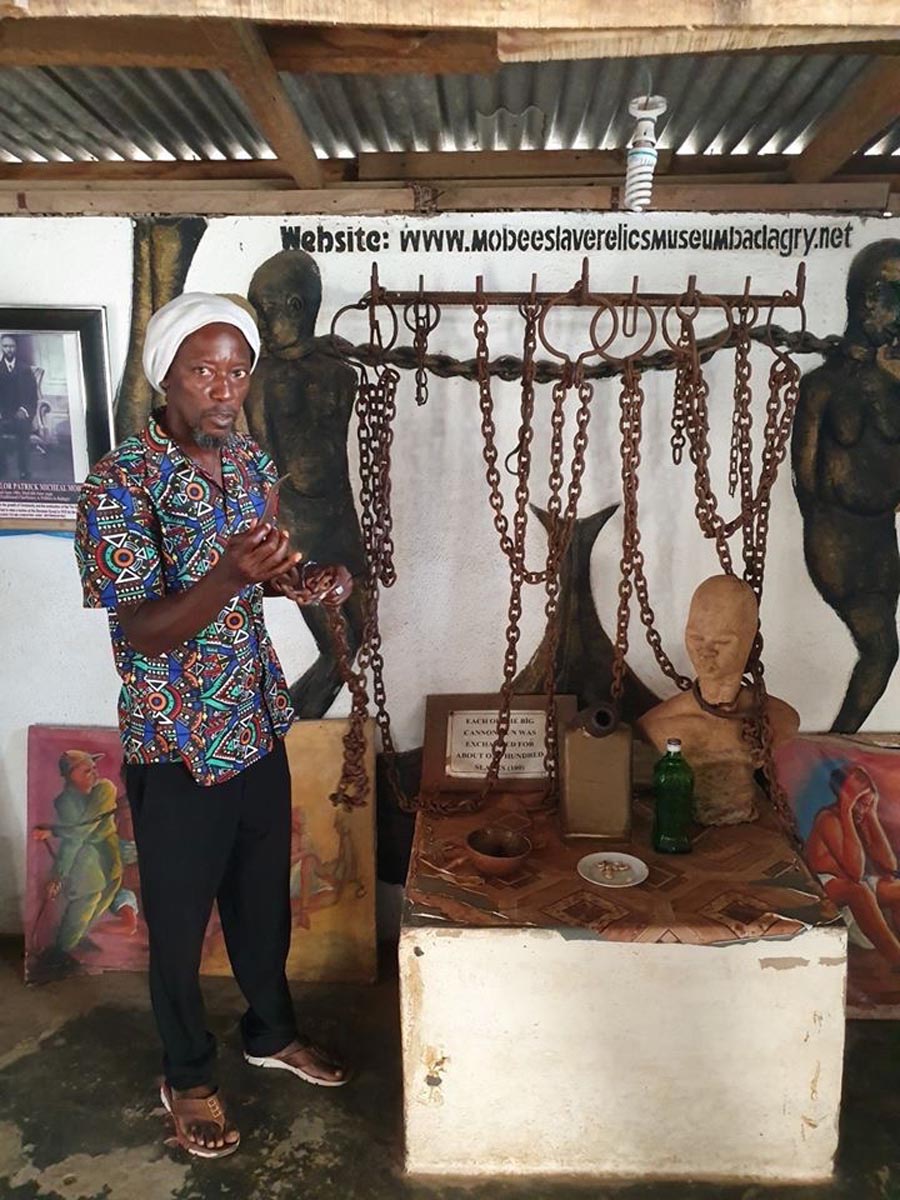


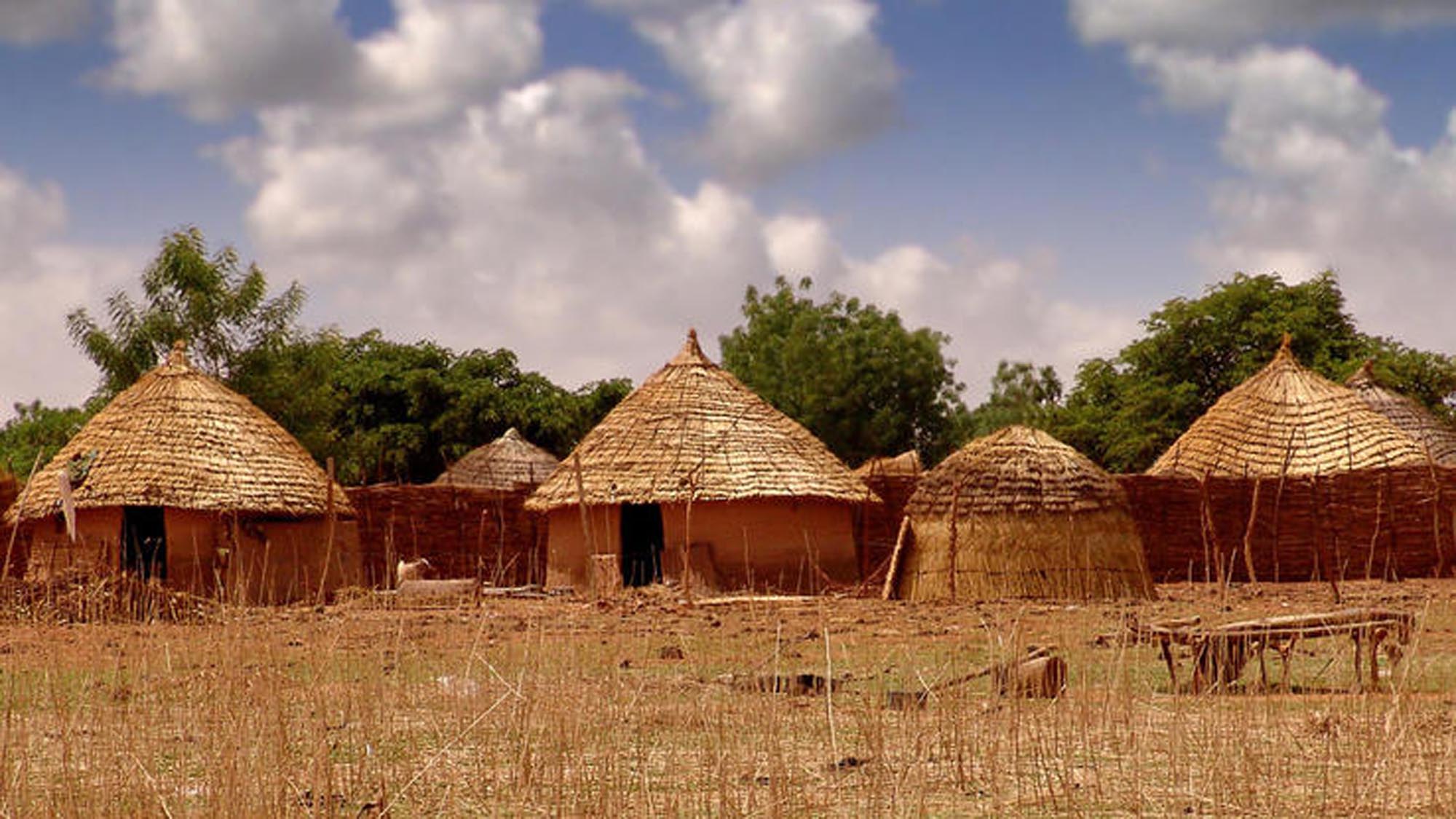
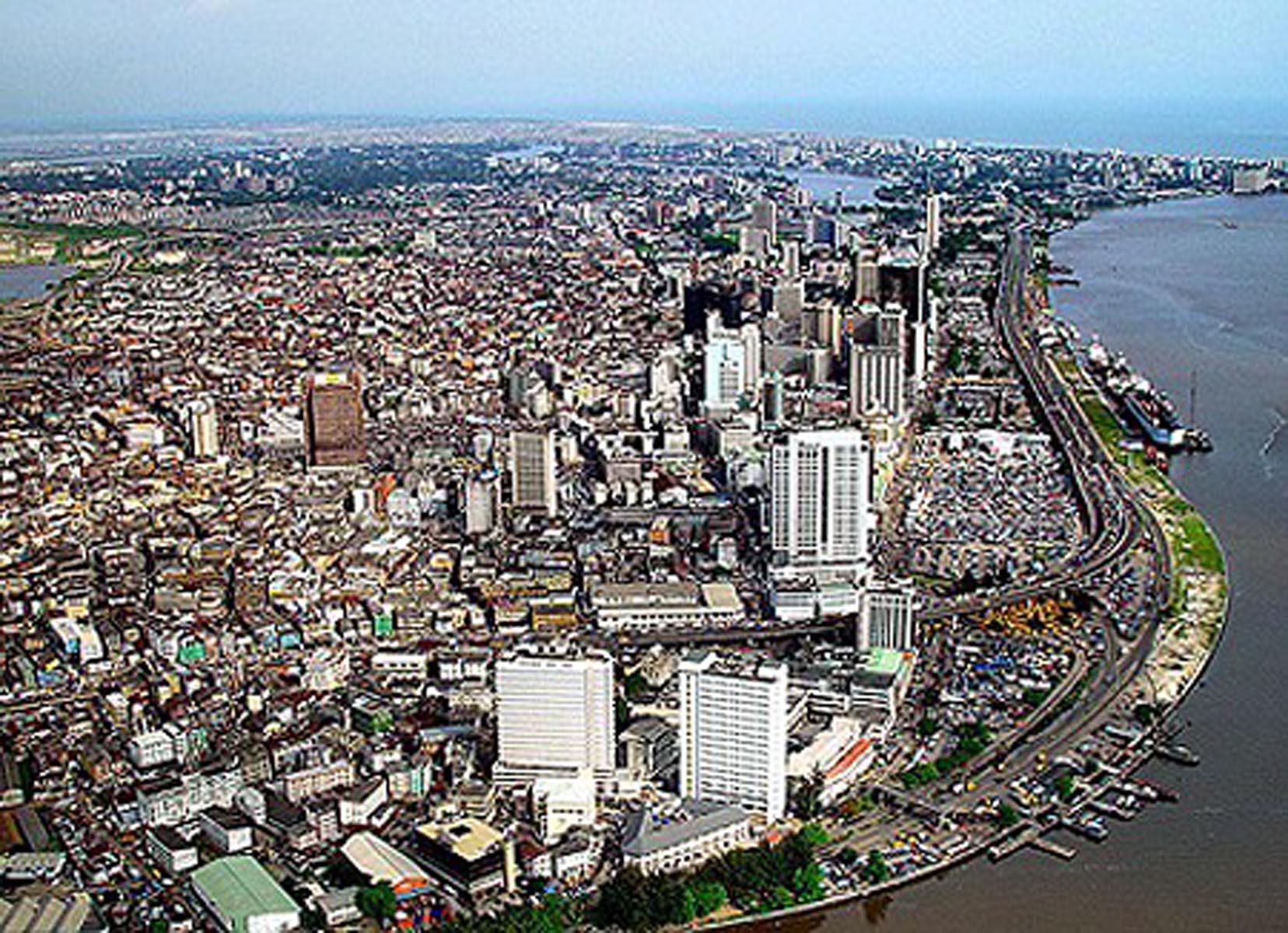
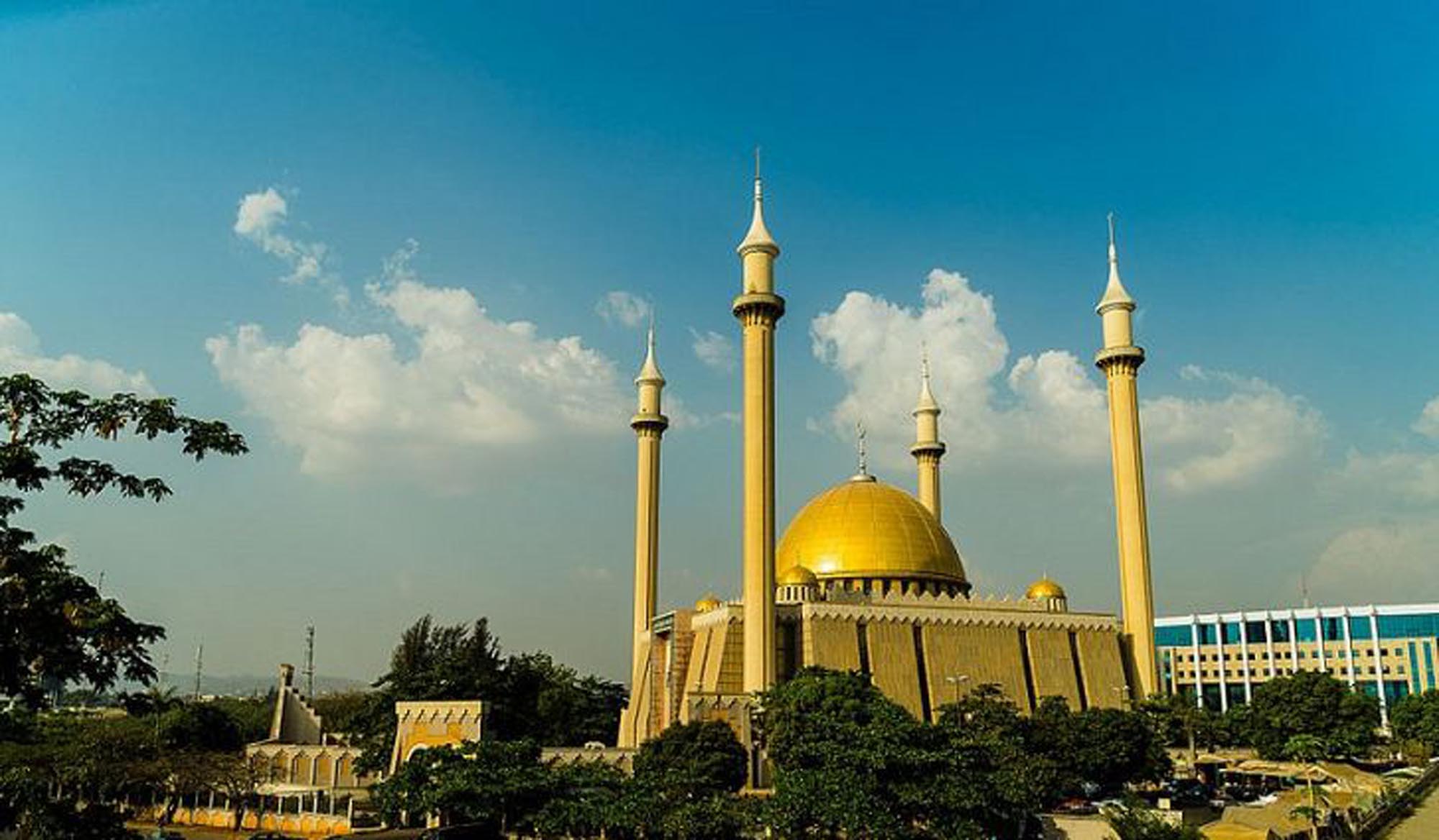
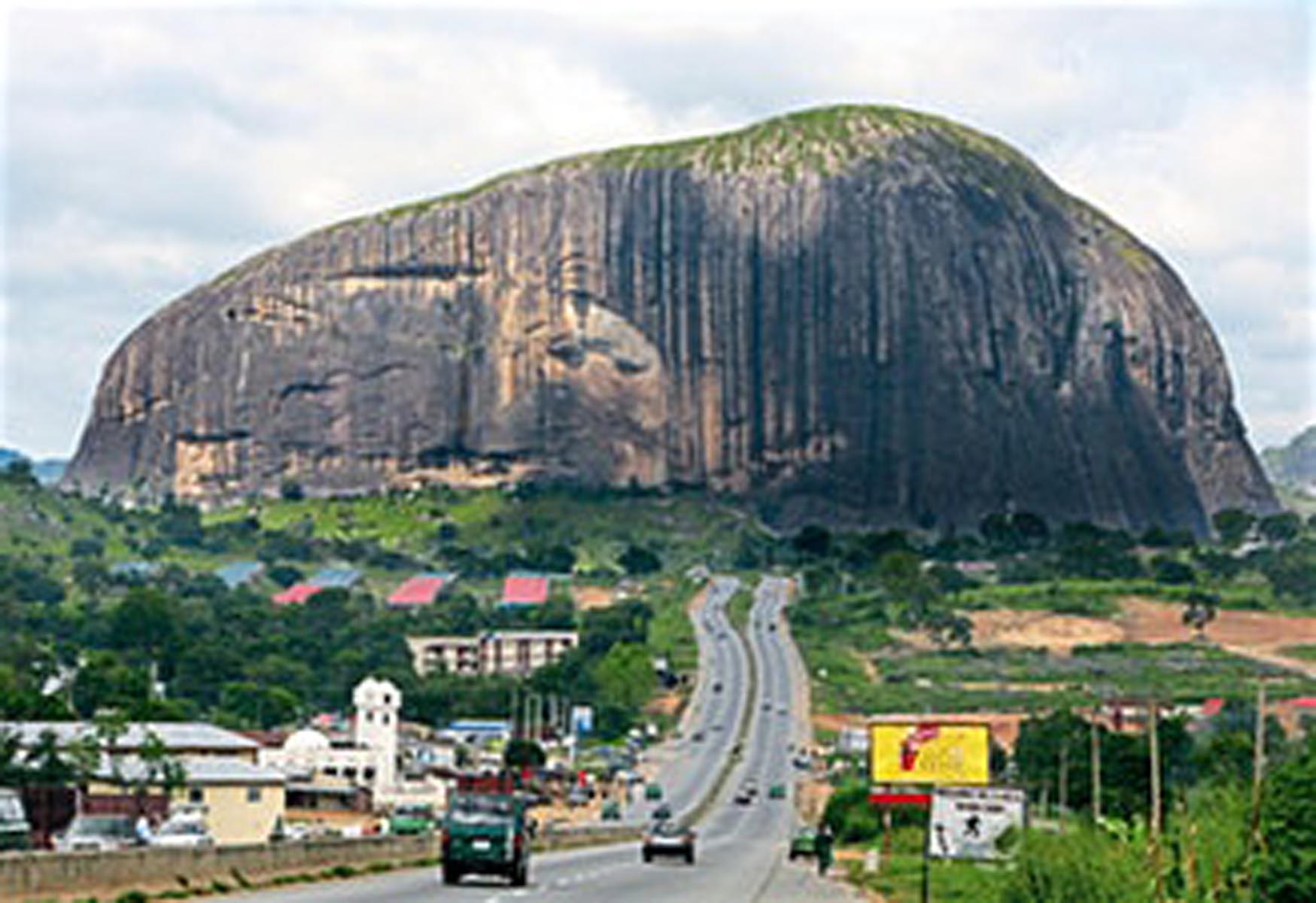
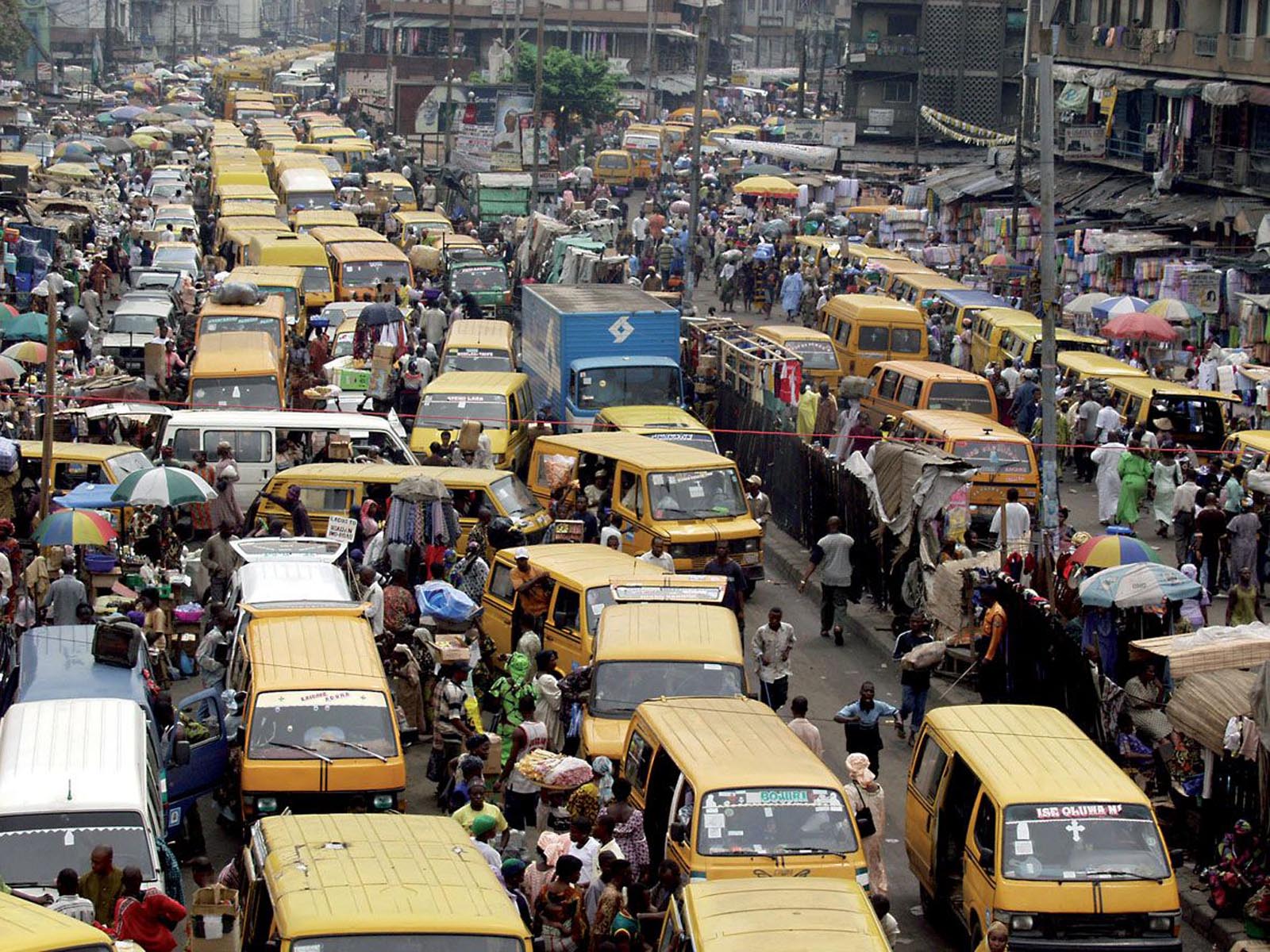
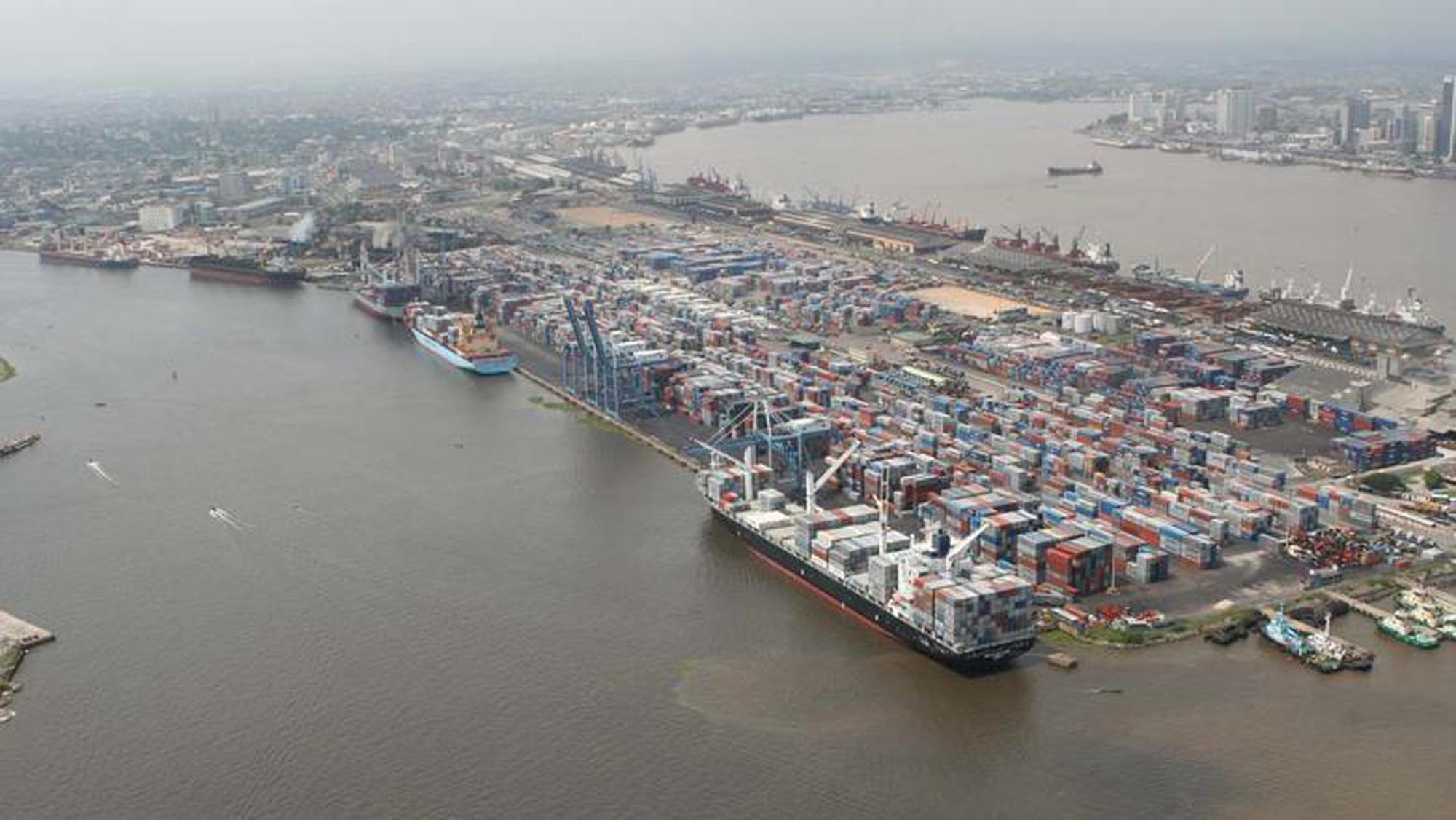
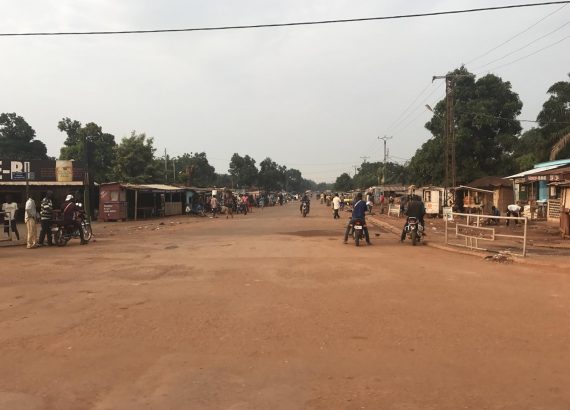
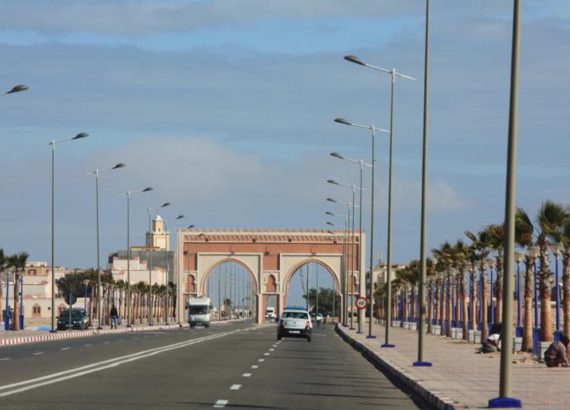
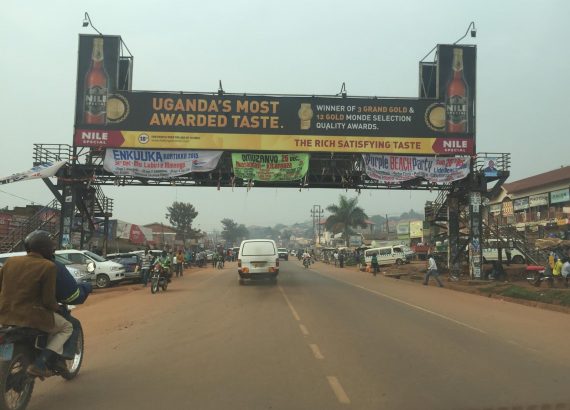
Siggi
Hello Sven,
While researching my trip to Micronesia, I came across your website by chance during a nine-hour transit stop at the airport in Port Moresby and read many of your amusingly written travel reports. When it comes to Nigeria, I noticed that you didn't officially enter the country and still took the country into account in your statistics. I have now reached country number 125. If transit stays were taken into account, it would be significantly more. Can you tell me what the general criteria are for “counting countries”?
Thank you, best regards and continued safe travels!
Siggi (currently in El Nido, Philippines)
Sven Luca
Hello Siggi!
Thank you very much .. my answer to your question is a little late.
There are different criteria in different travel clubs, sometimes a touchdown counts, some times even a disputed area or island, even outside the country, etc. As in the case of Lexie Alford, Syria with the Golan Heights, Iran with the island of Kish or North Korea even just with the DMZ from the South Korean side... but it is now in the Guinness Book.
So to Nigeria, I was in the country for more than 24 hours, left the airport building, was really outside and also paid twice for a visa of 150 euros each. If, despite 100%iger confirmation from the consular in Berlin, even after several telephone conversations with her personally, they don't grant me the visa twice and rip me off for 300 euros, what should I do? In any case, I had no further interest in throwing my money down the throats of this shitty African country.
Basically, I don't count transits because that's not my requirement and doesn't satisfy me. So I didn't see much in Nigeria apart from the airport forecourt, but at least I did more than not be there.
Well then, have fun in your last countries, where there are sure to be some difficult ones 🙂
LG from Mecca
Sven
Awo Oshe Omoluwo
Hola como estas, excellent blog, me gustaria saber que divinidades o iRUNMOLES se adoran a lo largos de los diferentes estados que conforman el estado de Nigeria.
Rannie deleon
Kailangan ba ng FWAC ang bago pa lang pupunta ng lagos Nigeria.
Sven Luca
Thanks 🙂